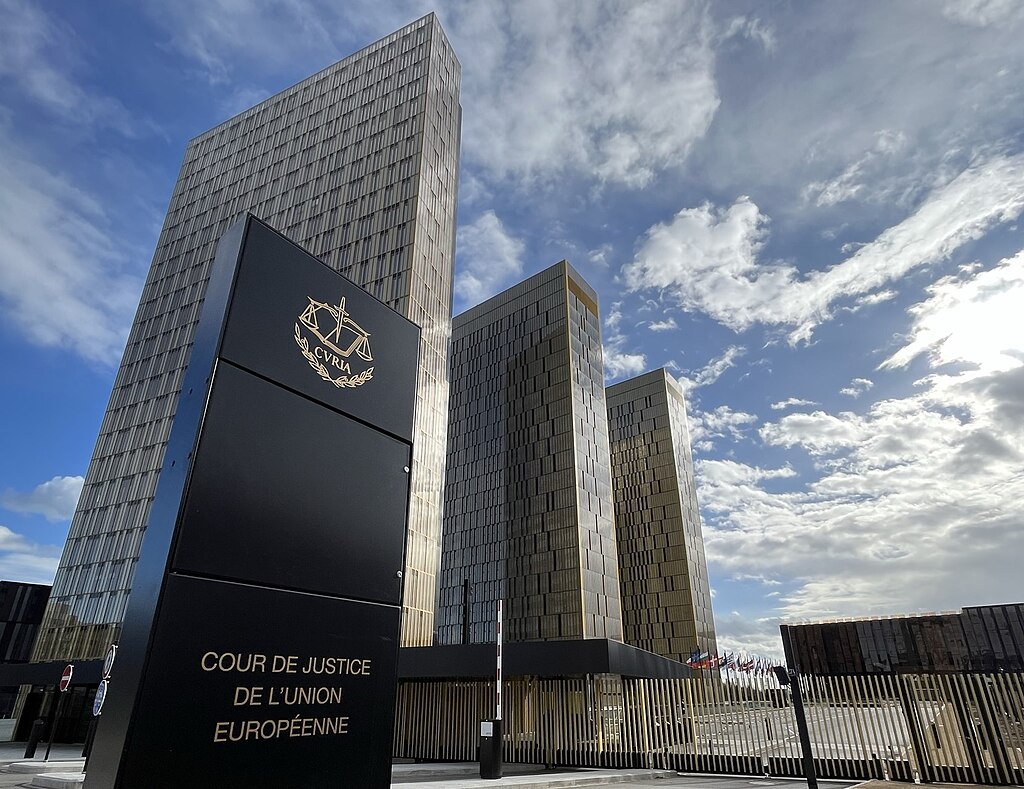MOBILE – Mobility Law Open Lab with Hubert Bekisz
Below the European Court of Justice’s Radar: The On-the-Ground Enforceability of Asylum Seekers’ Right to an Effective Remedy
 Guest presenter: Hubert Bekisz is a PhD researcher in Law at the European University Institute (EUI) in Florence, Italy.
Guest presenter: Hubert Bekisz is a PhD researcher in Law at the European University Institute (EUI) in Florence, Italy.
Presentation: With the principle of procedural autonomy of the Member States, harmonization of substantive law proceeds without complex harmonization of procedures in most policy fields covered by EU competences. Yet, with its sector-specific rationales (safeguarding the human rights of asylum seekers through procedural fairness and preventing a regulatory race to the bottom), proceduralization has been an objective of the Common European Asylum System (CEAS) since its inception. The 2013 Asylum Procedures Directive and the case law of the European Court of Justice (ECJ) design a detailed model of exercising the right to an effective remedy before a court or tribunal by asylum seekers. It is expected that, in appeal proceedings, an independent court or tribunal provides a full and ex nunc examination of both facts and points of law, ensures the suspensive effect of an appeal, or, in circumstances of ‘procedural ping-pong’ against the first-instance asylum authority, it issues the final decision in merits, even in the lack of competences in national procedural law. By that, the ECJ formulates its normative assumptions, expecting judges of the Member States’ courts to seal instances of legislative non-compliance at the national level.

Yet, procedural law is largely ethnocentric. With national procedural traditions and well-established models of judicial review, it is not certain whether the EU’s legislative and judicial inroads into national procedural systems are fully reflected on the ground.
Drawing on the field research in Poland (semi-structured interviews with judges, law clerks and attorneys; process-tracing analysis of relevant case law of administrative courts), I demonstrate how judges, while reviewing refused international protection applications, remain reluctant to mobilize EU law in the great majority of the cases. Legal formalism anchors judges in a well-established model of judicial review that applies to all areas of administrative law without distinction. While most judges lack specialization and training in asylum proceedings, only a handful participate in the European Union Agency for Asylum (EUAA) judicial workshops. Even with some judges’ awareness of the need of systemic changes, they remain resistant and distrustful of reform.
These findings question the on-the-ground reach of the EU’s authority and the practical enforceability of the asylum seekers’ right to an effective remedy.
Time: 31 August 2023 13:00-14:30
Place: MOBILE – 6B-2-22 Southern Campus
Online participation
For online participation please register using this form. You will receive a Zoom link after you have registered.
